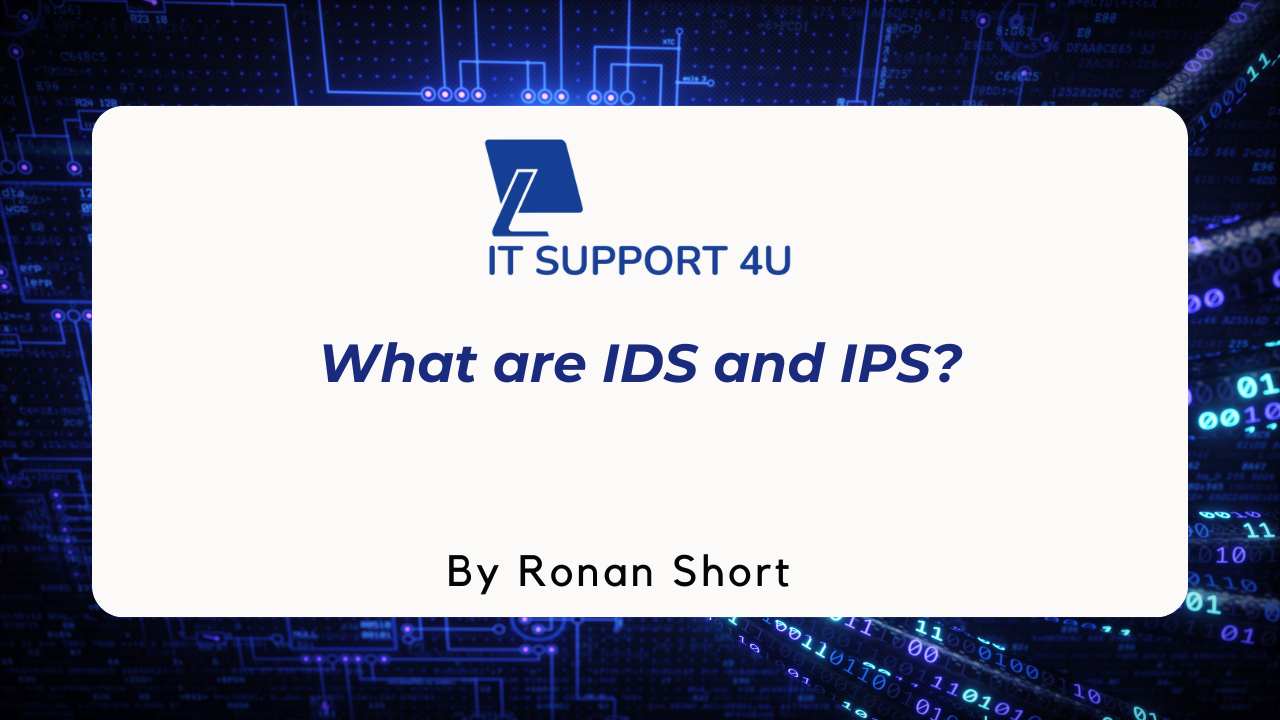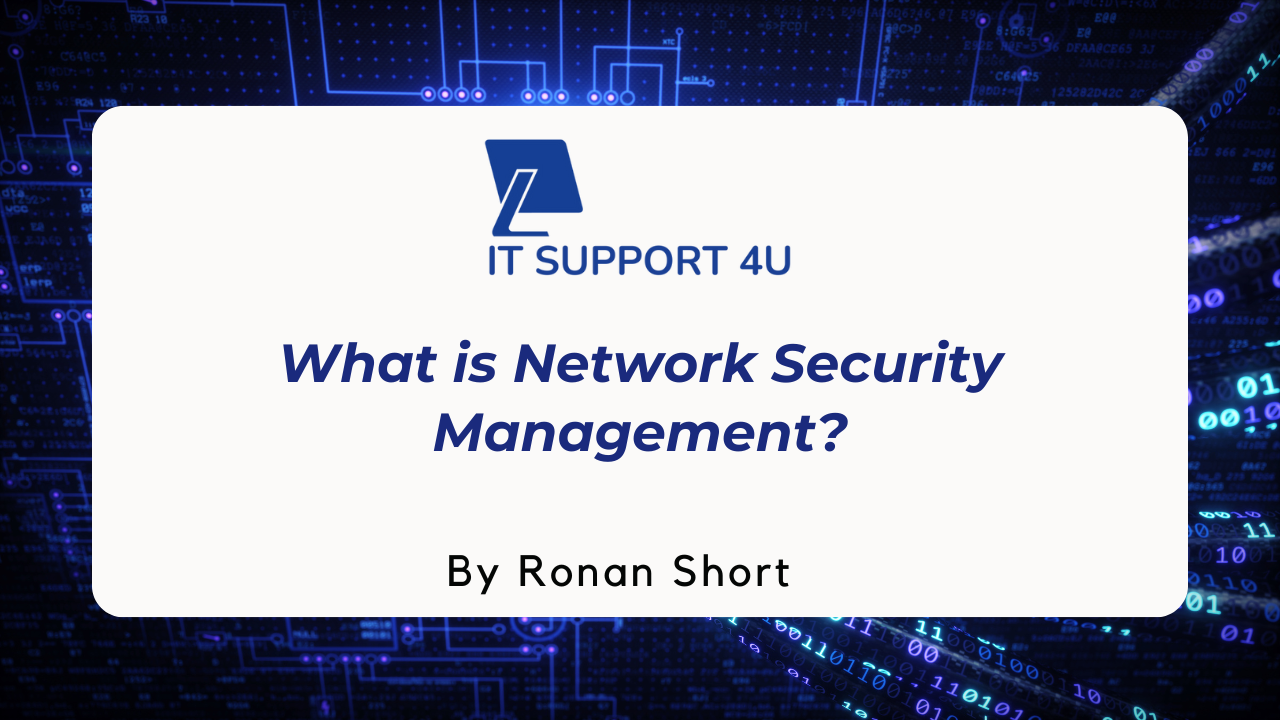Modern businesses rely heavily on technology, but choosing the right IT support model can be confusing. With so many options available, understanding how different services work is essential for long-term efficiency and cost control.
The difference between cloud & managed services often comes down to how much control, support, and flexibility a business actually needs. Each approach offers distinct advantages depending on infrastructure, budget, and internal expertise. Making an informed choice helps reduce risk, improve performance, and support future growth without unnecessary complexity.
In this blog, we will help you learn what both offer to modern businesses, key differences & how to decide which suits your needs.
Let’s start!
What Managed IT Services Cover for Modern Businesses?
Managed IT services allow organisations to hand over the day-to-day running of their technology to a specialist provider. This approach helps keep systems secure, supported, and running smoothly without the need for an in-house IT team.
Network Protection and Cybersecurity
This focuses on keeping your systems safe from online threats. It includes managing firewalls, securing connections, and reducing the risk of unauthorised access.
The goal is to protect business data and maintain system reliability.
Data Backup and Recovery
Regular backups make sure important files are not lost if something goes wrong. If data is deleted, damaged, or attacked, it can be restored quickly.
This helps businesses avoid long interruptions and costly data loss.
Ongoing System Monitoring
IT systems are checked continuously to spot problems early. Issues can be addressed before they grow into serious disruptions. This supports smoother day-to-day operations.
Compliance and IT Standards
Managed services help keep systems aligned with industry rules and data protection requirements.
This reduces risk and supports responsible handling of information. It is especially important for regulated sectors.
Technical Support for Staff
Helpdesk support gives employees a place to turn when technical problems arise. This keeps small issues from slowing down work and improves overall productivity.
How Cloud Services Support Modern Business Operations?

Cloud services allow organisations to access IT systems over the internet without relying on on-site servers or hardware.
Software as a Service (SaaS)
This type of cloud service provides access to software through a browser. Businesses can use tools for email, collaboration, and customer management without worrying about updates or maintenance, as these are handled by the provider.
Infrastructure as a Service (IaaS)
IaaS offers virtual servers, storage, and networking online. It gives businesses greater control over their systems while avoiding the cost of purchasing and maintaining physical infrastructure.
Platform as a Service (PaaS)
PaaS is for developers who need a ready-made environment to build and deploy applications. It simplifies development by managing the underlying systems, allowing teams to focus on creating and improving software.
How to Decide Between Managed IT Services and Cloud Solutions?
Selecting the right IT approach depends on how your organisation operates today and where it plans to go next. Some businesses need stability and close control over existing systems, while others are focused on modernising through digital tools and flexible platforms.
Budget also plays a role, as upfront investment differs from ongoing subscription models. Growth expectations matter too, especially for organisations with changing workloads. Regulatory obligations can influence the level of oversight required, particularly in tightly governed sectors.
Internal skills should not be overlooked, as limited in-house expertise often shifts responsibility to external specialists. Weighing these factors together helps ensure your IT choice supports both short-term needs and long-term strategy.
What Are The Differences Between Managed IT Services vs Cloud Services?

Both options support modern IT needs, but they differ in how systems are managed, accessed, and scaled.
Focus and Purpose
Managed IT services are centred on fully managing and supporting your IT infrastructure on an ongoing basis.
Cloud services focus on delivering computing resources and applications online without full IT management.
Location and Infrastructure
Managed IT often supports on-site or hybrid systems where physical hardware is still in use.
Cloud services rely on off-site servers hosted and maintained by third-party providers.
Scalability and Growth
Managed IT scalability is usually linked to physical hardware upgrades and planned expansion.
Cloud services allow rapid scaling up or down based on demand, with minimal setup time.
Cost Structure
Managed IT typically uses a fixed monthly fee, making costs predictable and easier to budget.
Cloud services follow a pay-as-you-use model, where costs vary depending on consumption.
Key Business Benefit
Managed IT offers hands-on support and proactive system management for day-to-day stability.
Cloud services offer flexibility and remote access, supporting modern and distributed workforces.
Conclusion
The difference between cloud and managed services helps businesses make informed decisions about how they manage their IT. While cloud services offer flexibility, scalability, and remote access to resources, managed services focus on ongoing support, security, and the day-to-day management of your IT environment. The right choice depends on your business goals, budget, compliance needs, and internal expertise. In many cases, a balanced approach can deliver the best results.
If you are unsure which option suits your organisation, IT Support 4U can help. Contact IT Support 4U today for expert guidance and custom IT solutions that support your long-term growth.
Get an IT Plan Today!













